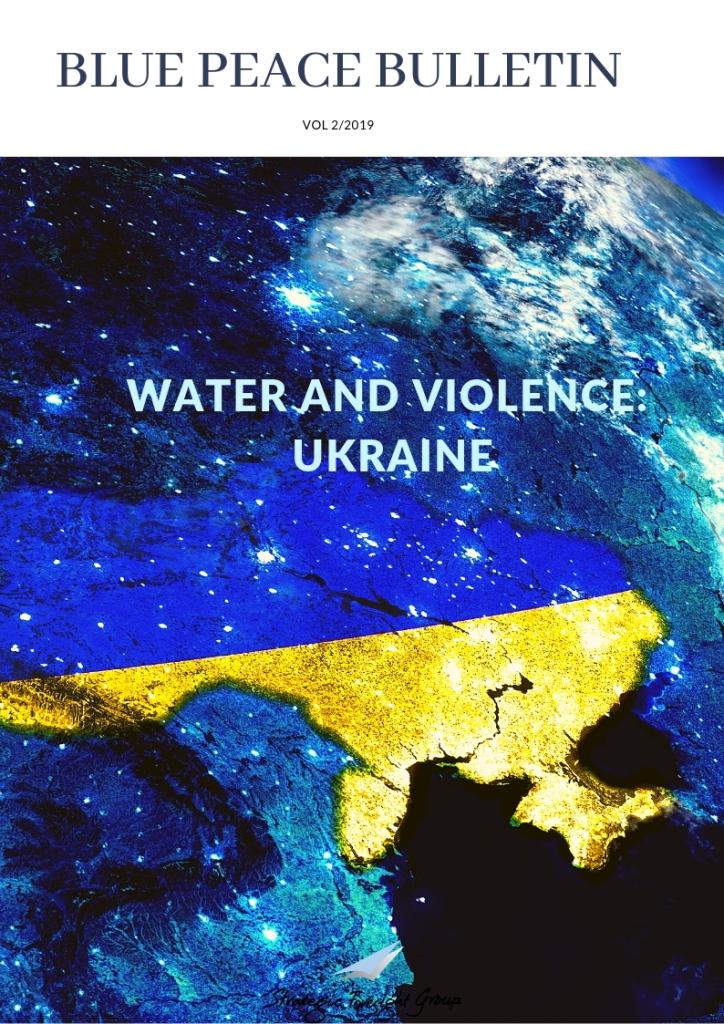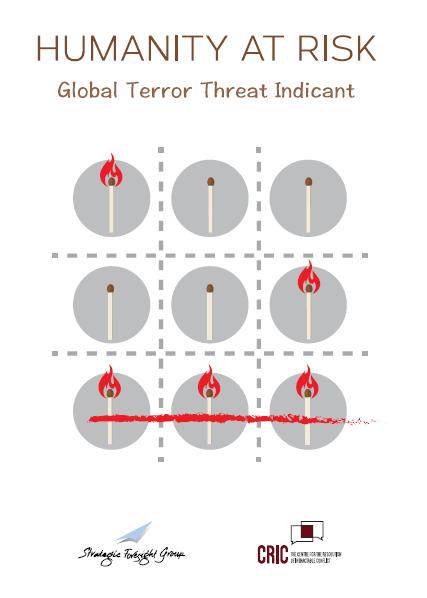Exceeding the mandate: judicial activism in Pakistan
 |
August 2012
By Anumita Raj
|
The verdict is in. After months of angry back and forth in the courts, Pakistan's Chief Justice Iftekhar Chaudhry on June 19th 2012 declared that the Yousuf Raza Gilani, then the Prime Minister of Pakistan, had been disqualified from holding his post since the 26th of April. The decision marked a turning point in the increasingly hostile and testy relationship between the Supreme Court led by the Chief Justice of Pakistan (CJP) and the civilian government headed by President Asif Ali Zardari of the Pakistan Peoples Party (PPP).
For months now, the perception that Pakistan's highest court and the first civilian government in the history of Pakistan to get tantalizingly close to finishing its term are at loggerheads, has been growing. The matter came to a head over an ordinance that is a holdover from the Musharraf era. The National Reconciliation Ordinance was issued in 2007 by Pervez Musharraf, and granted amnesty to any politician or bureaucrat accused of a crime between 1986 and 1999. Subsequently, the Supreme Court (SC) of Pakistan declared it unconstitutional and struck it down. Using the ruling of NRO as invalid, the SC has focused its ire on President Zardari, demanding that the PPP government write to Swiss authorities to re-open various cases against him. Yousuf Raza Gilani's refusal to do so resulted in him being disqualified from holding the office of Prime Minister.
Politics being played out in a court of law is not an unusual scenario, in Pakistan or elsewhere in the world. However, recent rulings and activities by the highest court in Pakistan, and by the Chief Justice, Iftekhar Chaudhary, have led an increasing number of activists to question whether the judiciary is exceeding its mandate and acting with an agenda. Former PM Gilani's refusal to write to Swiss authorities over the NRO was perceived as a slap in the face of the judiciary's authority. The subsequent relentless pursuit of Gilani by the SC was somewhat unexpected, but mostly welcome by the opposition and the media, with various editorials proclaiming that the law of the land must come first. However, once he had been disqualified, as PPP and its allies scrambled to find a replacement who would be acceptable to all parties while at the same would remain loyal to President Zardari, aggressive actions by the SC in the interim became a source of concern to many. When PPP attempted to name Makhdoom Shahabuddin, a senior party leader from Punjab to the post of PM, a non-bailable warrant for his arrest was produced quickly by the courts. Fearing that every candidate that they produced would somehow be arrested or disqualified by the courts, PPP had to keep their hand hidden, choosing to reveal their new candidate only hours before the deadline. Lawyers like Aitzaz Ahsan and former President of the Supreme Court Bar Association, activist Asma Jahangir have called the court's behaviour into question.
This is not the first time that there has been tension between the government and the judiciary in the recent past. In fact, the ouster of the current Chief Justice by the erstwhile President of Pervez Musharraf was a prime catalyst in the revolt that sent the latter into exile. The fundamental difference between that scenario and the present one is the fact that the current government was democratically elected, as opposed to Musharraf's dictatorship that was initially established through a coup. This is an important point to consider. The incident in 2007 and the public outcry that followed also led to the increased visibility and credibility being established by CJP Iftekhar Chaudhary. Since then, Chaudhary has enjoyed a fierce following amongst lawyers, the media, the civil society and the public in general.
Like most other democracies, Pakistan's was designed as a system that had built-in checks and balances. The Executive, Legislative and Judicial branches were all intended to ensure that power is not concentrated in any one place. This is par for the course. What the architects of Pakistan did not envision was the role that the country's armed forces and intelligence agencies would come to assume. The "establishment", as it is now referred to, has held sway over every single aspect of Pakistan for decades. It is by far the most powerful institution in the country, with a hand in everything from politics to foreign policy. However, in the past few months, the military establishment has taken a visible step back. The word visible in the previous sentence is vital. Behind the scenes, the Army and ISI are still very much in charge. However, fewer public statements, and a greater willingness to allow politicking to play out with less public interference in the past few months has made it seem, at least to the public, that the Army is back in the barracks. In fact, in the recent months, the establishment has repeatedly made direct and indirect statements and taken pains to refute any interest in deposing the civilian government or interfering with the Supreme Court's actions.
While the present civilian government has been the longest serving one in the history of Pakistan (and the first one that seems like it may well finish its term), it is important to ask how effective it has been in governing the country. The Zardari administration has been plagued by corruption scandals, growing terror threats, soaring inflation, a crippling shortage of gas and electricity and a widespread public consensus led by the media that members of the administration are more concerned with holding on to power and protecting the President than actually governing. The public back step of the establishment combined with the perceived, and actual, ineffectiveness of the civilian government has left a lacuna in the public sphere for moral authority. In short order, the judiciary has stepped into this void.
What then, is the future of the delicate power balance in Pakistan that has been upended by the newly-emboldened judiciary? Is the judiciary's seeming vendetta solely against the Zardari-led PPP administration? And if so, will it end once this government is out of power? It is certainly likely that this evidence of judicial activism is directed at the Zardari government, and will end if PPP is voted out of power. However, the judiciary has also chafed and rebelled against any attempt born out of political consensus to limit the judiciary's authority. The recently passed Contempt of Court Act 2012, which would provide the President and Prime Minister, amongst others, immunity from contempt of court proceedings had the backing of all major political parties in the National Assembly, as it would affect any future civilian set up. However, the SC has not taken kindly to this measure and is actively pursuing cases against the law.
Pakistan cannot afford a prolonged confrontation between two branches of its flailing democracy. Nor can it afford the greater instability that has been produced as a result of such a confrontation. If the judicial activism is restricted to the PPP government, chances are that after the next elections, assuming PPP does not return to power, the civilian government would be allowed to continue undisturbed. Undisturbed, as long as it operates within its mandate and does not upset the equilibrium between the military establishment and the judiciary. The months leading up to Pakistan's next election may well prove to be crucial to the future power balance in the country.
Related Publications
Related latest News
Related Conferences Reports
-

P5 Experts Roundtable on Nuclear Risk Reduction
Download:Geneva Roundtable Report
-

Roundtable on Global Security and Catastrophic Risks
Download:Report on RT revise





